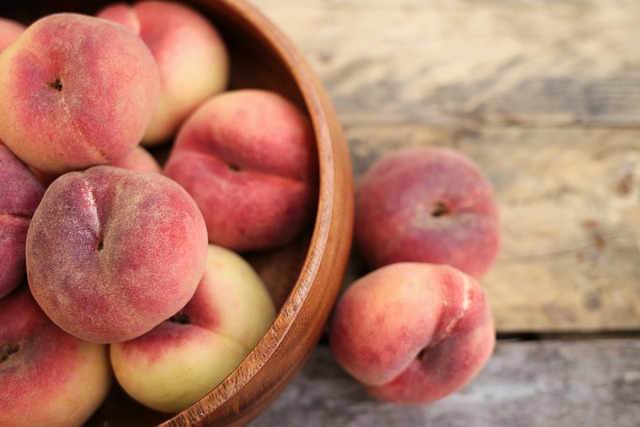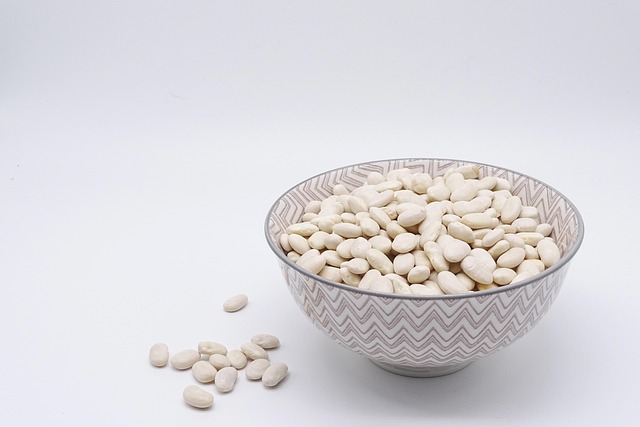In recent years, the vegan diet has gained immense popularity, and for good reason. Embracing a vegan lifestyle is not only about choosing what’s on your plate, but it’s a commitment to enhancing your overall health, nutrition, and well-being. With a focus on plant-based foods, a vegan diet is a powerful way to support a healthy lifestyle and unlock an endless realm of flavors, textures, and colors in your meals.
One of the most significant benefits of a vegan diet is its potential to improve physical health. A well-planned vegan diet is naturally rich in essential nutrients. Fruits and vegetables are filled with vitamins, minerals, and antioxidants that are crucial for maintaining a well-functioning body. For example, leafy greens, legumes, nuts, and seeds provide a wealth of protein, fiber, and healthy fats, all of which are key components of a nourishing diet.
Moreover, numerous studies have shown that a vegan diet can reduce the risk of chronic diseases. By avoiding animal products, you inherently limit saturated fat consumption and cholesterol intake, both of which are linked to heart disease. The abundance of fiber found in whole grains, fruits, and vegetables also contributes to digestive health, helping prevent issues like constipation and promoting a healthy gut microbiome.
An essential aspect of a healthy lifestyle is managing your weight, and a vegan diet can be a beneficial ally. Plant-based foods tend to be lower in calories compared to animal products, which makes it easier to maintain a healthy weight without feeling deprived. Plus, the high fiber content in vegan meals promotes satiety, helping you feel fuller for longer and reducing the tendency to overeat.
Nutrition is not merely a matter of eating less; it’s about choosing foods that nourish and energize the body. A vegan diet encourages the exploration of a diverse range of foods, spices, and cooking techniques. This approach inherently fosters a deeper connection to your meals, transforming eating from a mindless routine into an enlightening experience. Experimenting with plant-based recipes allows individuals to discover new favorites while enhancing one’s culinary skills.
Furthermore, adopting a vegan diet not only benefits personal health but also contributes positively to the environment. The production of plant-based foods generally has a lower carbon footprint compared to animal agriculture. By choosing to embrace a vegan lifestyle, you actively participate in a movement towards sustainability and conservation, promoting a healthier planet for future generations.
For those considering a transition to a vegan diet, it’s crucial to approach it mindfully. Start by incorporating more plant-based meals into your routine, focusing on whole foods, and gradually phasing out animal products. Engaging in this journey allows you to listen to your body’s needs, making the experience both enjoyable and fulfilling. Whether you’re motivated by health, ethical concerns, or environmental issues, a vegan diet can provide the tools necessary for nourishing your body and mind.




